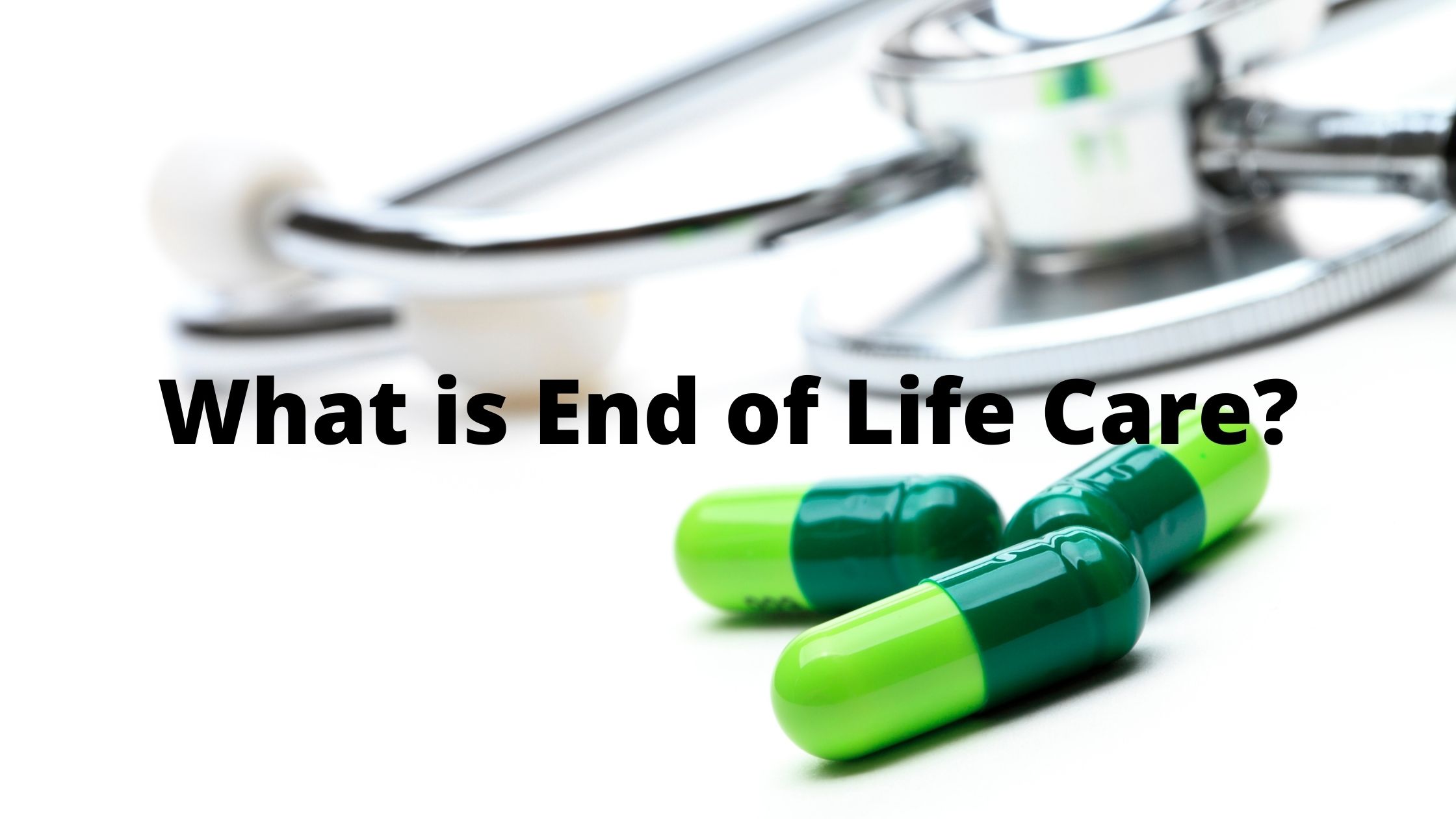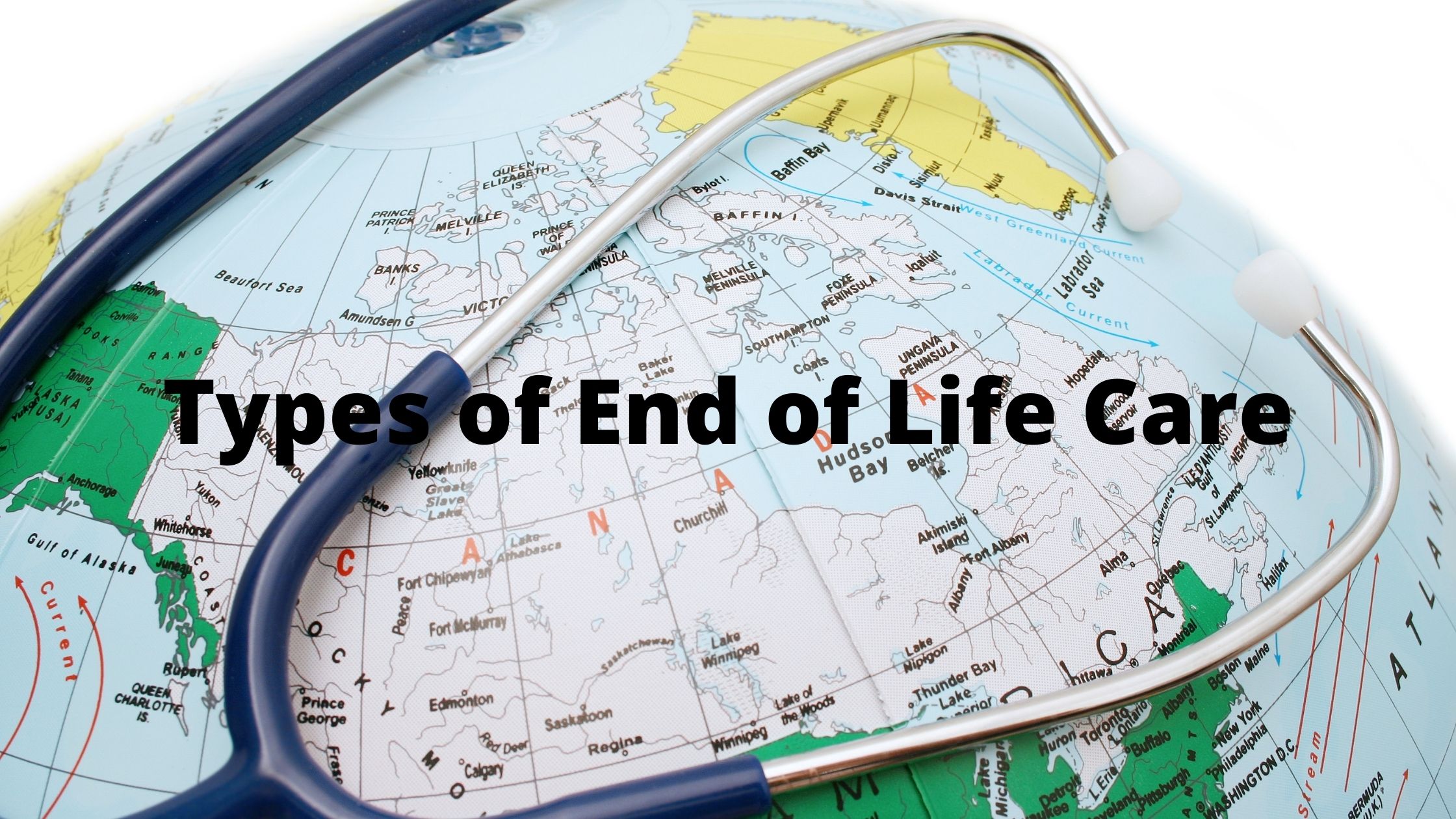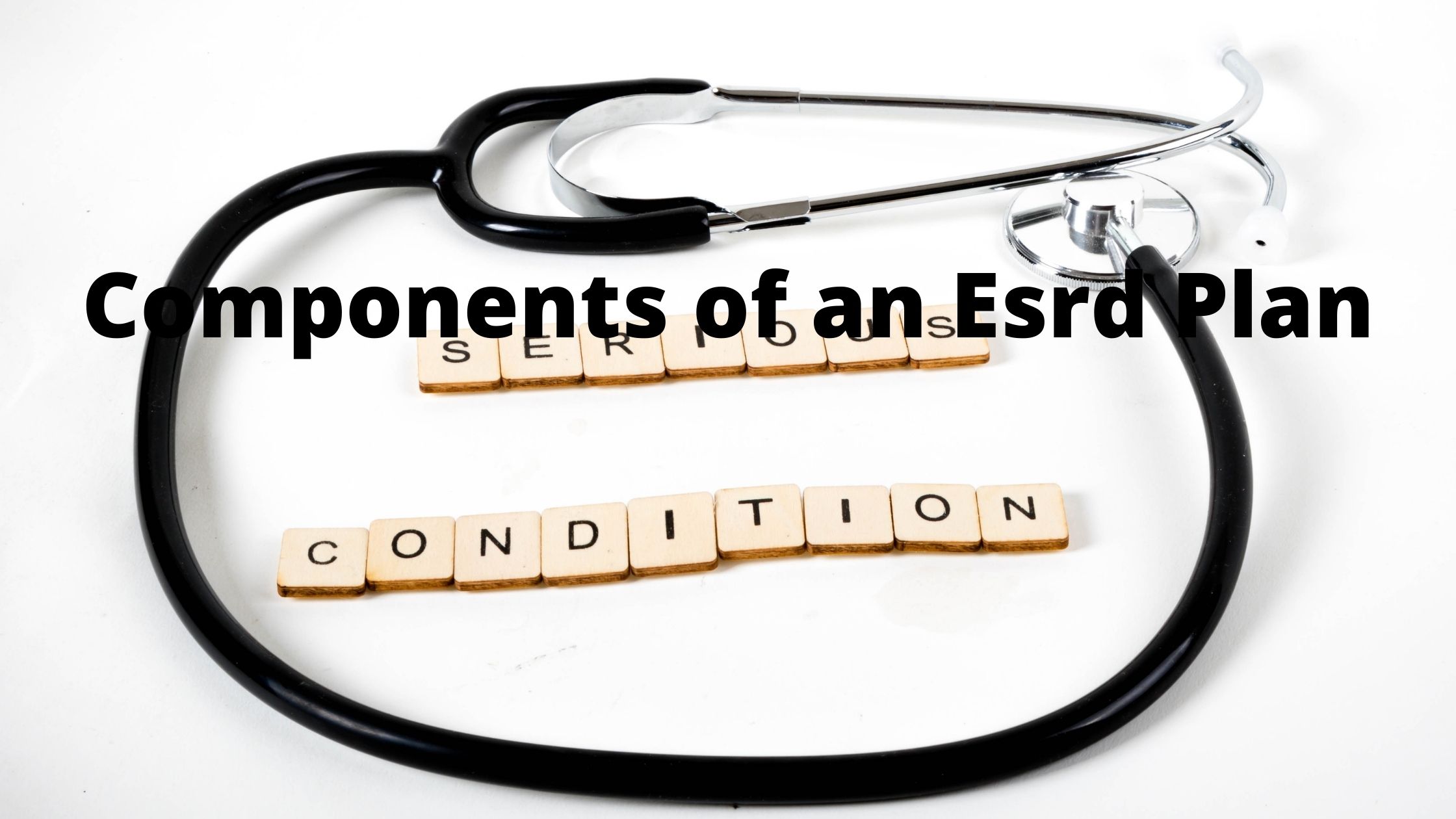When a person reaches the end of life, they may face many challenges – from dwindling mental capacity to physical incapacity. Thankfully, there are organizations out there that aim to provide care and support for these individuals during their final days. In this article, we’ll take a look at how Esrd end of life care works and what you can expect when you sign up for their services.
What is End of Life Care?
End of life care is a term used to describe the various steps and services available to help people who are facing a life-ending illness or condition. This can include things like chemotherapy and radiation therapy, hospice care, and care at a nursing home. Many people believe that end of life care is an important part of any person’s health care plan, regardless of their age or health condition.
Components of an Esrd Plan
An Esrd plan is a document that outlines the steps an individual will take in order to end their life. This plan can be created with the help of a healthcare professional, such as a doctor, nurse, or social worker.
Some common components of an Esrd plan include:
– Identification of goals and objectives
– Determining when and how to end life
– Choosing an appropriate method of death
– Communicating with family and loved ones
Types of End of Life Care
End of life care can be broken down into two general categories: terminal care and palliative care. Terminal care is care that is directed towards hastening a person’s death. This may include measures such as withdrawing medication or food, providing minimal comfort, and withholding hospitalization. Palliative care is care that aims to improve the quality of life for those who are facing a prognosis of death, including through measures such as reducing pain, providing emotional support, and helping the person live as comfortably as possible during their final days. There are many different types of end of life care and each has its own benefits and drawbacks.
Terminal Care: Terminal care involves hastening the death of a patient. This may include measures such as withdrawing medication or food, providing minimal comfort, and withholding hospitalization.
One major benefit of terminal care is that it allows patients to receive treatment they may not be able to receive elsewhere. For example, some patients with terminal cancer may not be able to travel outside of the country for treatment, but they can receive terminal care in their home country. Terminal care also allows families to say goodbye to their loved ones in a peaceful setting.
One drawback of terminal
How to choose an Esrd Provider
If you’re considering Esrd services for yourself or a loved one, there are a few things you need to consider. The first is what type of service you need. Esrd provides a range of end-of-life care options, from palliative care and hospice to assisted suicide and life-ending medical procedures.
Once you’ve decided on a type of service, the next question is who to choose. There are many Esrd providers available, so it can be tricky to decide which one is best for you or your loved one. Here are some tips to help you choose:
1. Ask friends and family if they’ve used an Esrd provider before. They may have good or bad experiences with a specific provider, so it’s worth checking out different options.
2. Talk to your doctor or nurse about Esrd services. They may have some knowledge about the services available in your area and can recommend a provider.
3. Go online and search for reviews of Esrd providers in your area. This will give you an idea of what to expect from different providers and help you make an informed decision.
Costs of Esrd Care
Esrd care can be expensive, but it offers a number of benefits that may make it worth the investment for your loved one. Here’s a look at some of the costs and benefits of esrd care.
Conclusion
Many people are unfamiliar with end of life care, and what it entails. End of life care is the term given to the last months and days of a person’s life, during which time they will experience their final illness or condition. While there is no one-size-fits-all approach to end of life care, understanding some key points about it can help ensure that you are prepared for whatever may come your way. As we all know, death is an inevitable part of our lives, but by understanding what end of life care involves and having a plan in place should something happen along the way, we can make sure that our loved ones are taken care of as best they can be.


